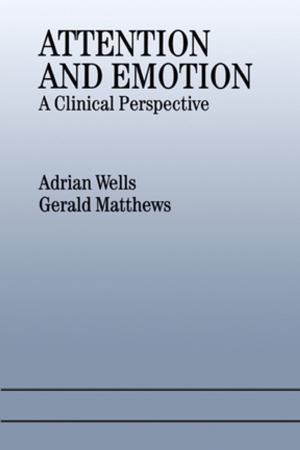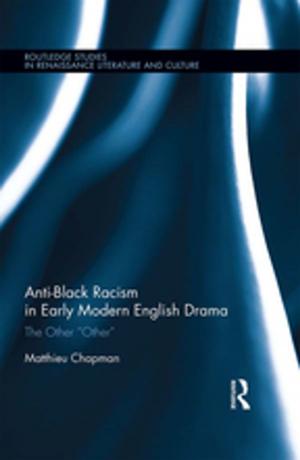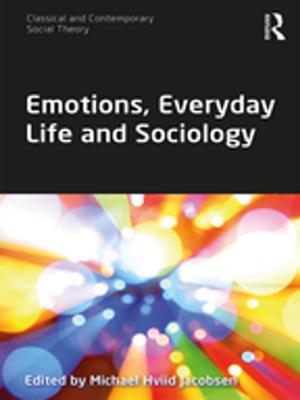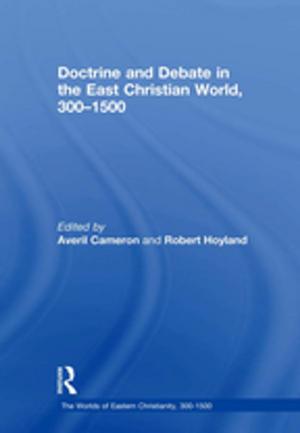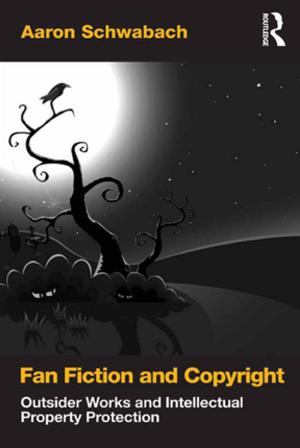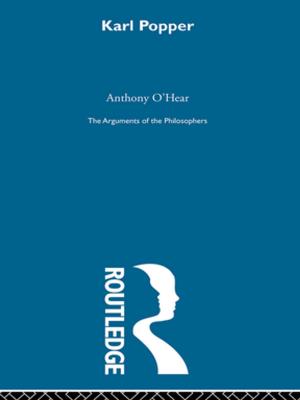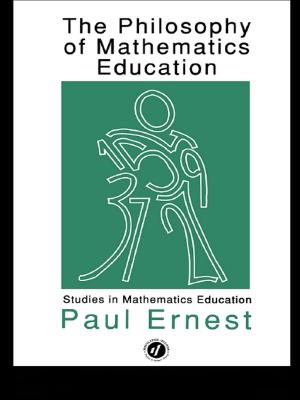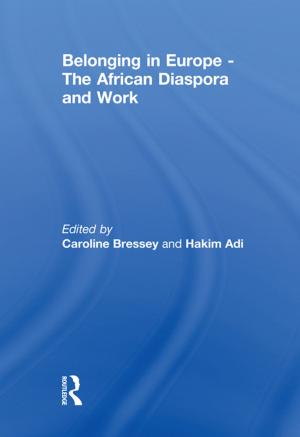| Author: | Michael Jacobs | ISBN: | 9780429919077 |
| Publisher: | Taylor and Francis | Publication: | April 24, 2018 |
| Imprint: | Routledge | Language: | English |
| Author: | Michael Jacobs |
| ISBN: | 9780429919077 |
| Publisher: | Taylor and Francis |
| Publication: | April 24, 2018 |
| Imprint: | Routledge |
| Language: | English |
Drawing upon a vast literature in psychoanalytic journals and either upon Shakespeare's characters themselves or alluding to those characters in the course of other topics, this book discusses eight of Shakespeare's plays and the relationships between the main characters in them. Psychoanalytic and literary approaches sometimes diverge, but they can also concur in seeing characters either as true examples of different psychological states and types of relating or as symbolic of aspects of the personality. The chapters contain many references to psychoanalytic interpretations from Freud onwards, although these cannot be proved, and in some cases are over-stretched, there will be times when psychoanalytic criticism 'rings bells' in the reader. The importance of this book lies in its drawing together from a large number of disparate sources, many of which will be inaccessible to those who do not have access to the journals or psychoanalytic databases. It is nonetheless relevant for counsellors and therapists, as well as for those interested in literature, particularly in Shakespearean studies.
Drawing upon a vast literature in psychoanalytic journals and either upon Shakespeare's characters themselves or alluding to those characters in the course of other topics, this book discusses eight of Shakespeare's plays and the relationships between the main characters in them. Psychoanalytic and literary approaches sometimes diverge, but they can also concur in seeing characters either as true examples of different psychological states and types of relating or as symbolic of aspects of the personality. The chapters contain many references to psychoanalytic interpretations from Freud onwards, although these cannot be proved, and in some cases are over-stretched, there will be times when psychoanalytic criticism 'rings bells' in the reader. The importance of this book lies in its drawing together from a large number of disparate sources, many of which will be inaccessible to those who do not have access to the journals or psychoanalytic databases. It is nonetheless relevant for counsellors and therapists, as well as for those interested in literature, particularly in Shakespearean studies.


